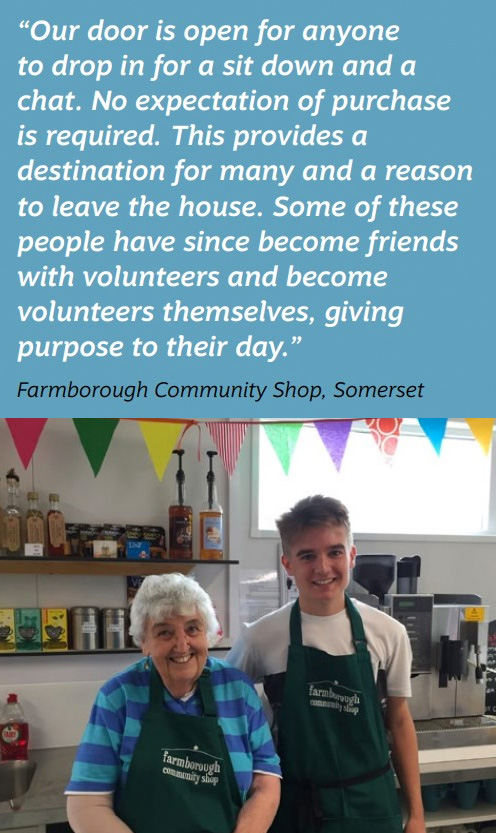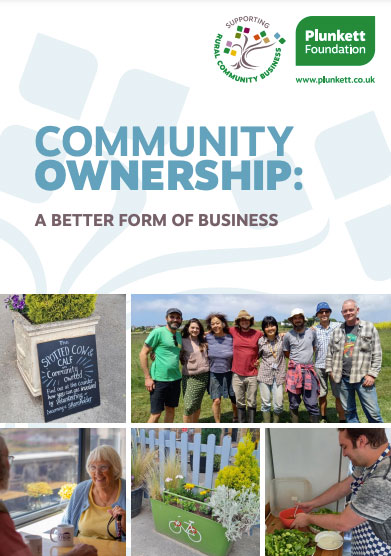Plunkett’s annual ‘Community ownership: A Better form of Business’ research provides a state-of-the-sector view on how community businesses are responding to the cost of living and climate crises
In its latest research report, Plunkett Foundation has found that community-owned businesses remain committed to delivering social and environmental action despite facing multiple challenges, which are threatening the economic viability of many businesses UK-wide. The long-term success rate for community businesses supported by Plunkett stands at 92%, which is a testament to the thousands volunteers who are the heart of the sector. However, businesses are not immune to the crises they are enduring.
Putting people first
The sector has been negatively impacted by inflation and rising costs; however, the research shows that community businesses continue to put people first. Even though as many as 1 in 3 are concerned about the next 12 months, over 50% of businesses have awarded cost of living pay rises to staff. Whilst two thirds of businesses have absorbed costs to maintain affordability of products and services for their community.



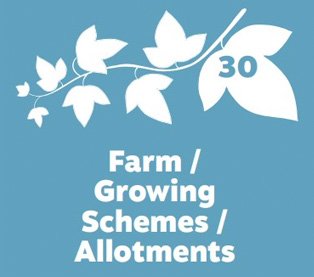

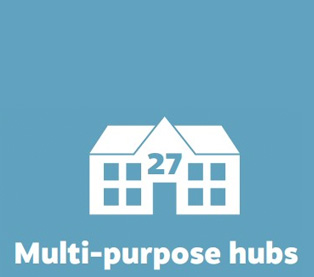
Sector Growth
At the end of 2022, a year in which the sector had grown by 3% with 27 new businesses opening, the number of trading community business stood at 768 – with community-owned pubs by far the fastest growing business type. 35% of all enquiries received by Plunkett Foundation last year were from groups wanting advice on how to safeguard their local pub, and 14 new community pubs opened in 2022.
Climate action
Motivated by a mixture of reducing the operating costs and a commitment to climate action, the research has shown strong support amongst community businesses for installing Energy Saving Measures (ESMs) and making improvements to business premises. 85% of businesses surveyed have either installed or are currently considering installing ESMs. As a commitment to climate action 72% of businesses surveyed state that they were proactively ‘sourcing locally’ for goods and products as part of their operation. Whilst 44% are taking action to reduce their waste (e.g. reducing use of packaging).
Short-term concern
Positively, 58% of businesses surveyed state that they believe they are more resilient due to being a community-owned business. However, the report does indicate short-term concern for the sector, with the majority businesses stating that rising wholesale prices and overhead costs, coupled with lower customer spend will detrimentally impact their turnover and profitability. Plunkett remains acutely aware of this situation and will continue to offer advice and support to all businesses via the universal community business service.
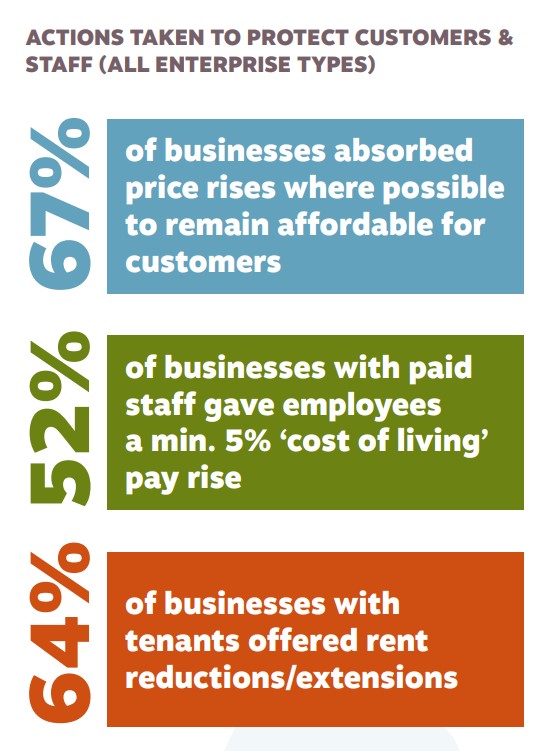
Key findings from the research:
If you are interested to read more of our research please visit the Reports and Publications page on our website.
If you would like to discuss any of the findings from this year’s Community ownership: A Better form of Business research, please contact our Research and Policy Manager, Georgina Edwards via georgina.edwards@plunkett.co.uk.
